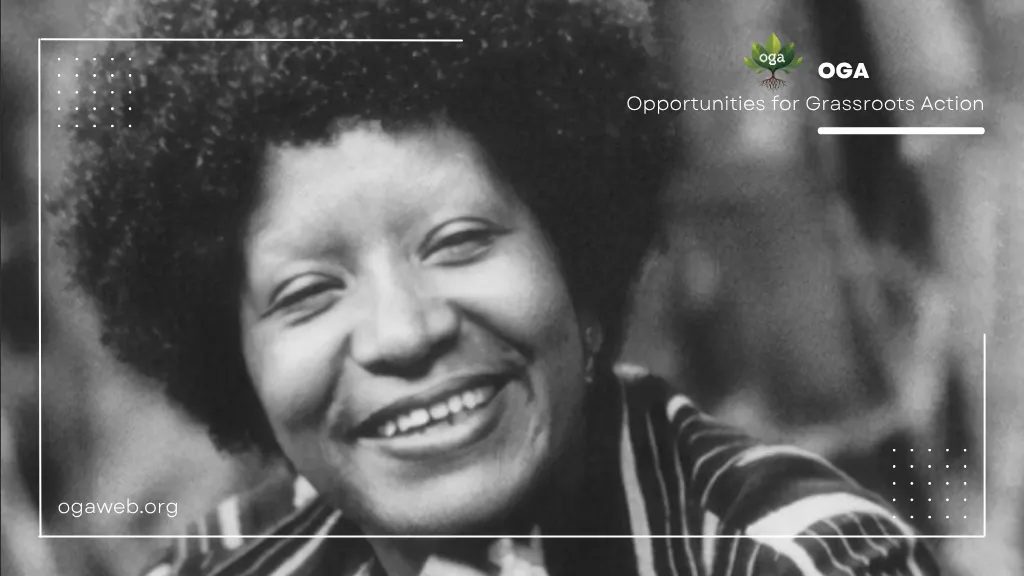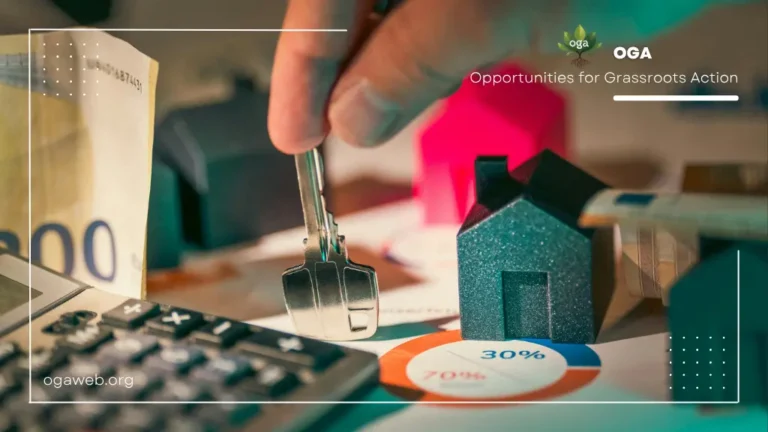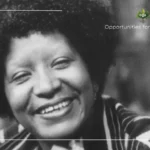Preface: OGA Voices — Lélia Gonzalez and the Healing of Memory
The mission of OGA Voices is to rescue and amplify the wisdoms that heal society from historical wounds. The thought of Lélia Gonzalez is exactly that medicine: it forces us to face colonialism inside out.
Lélia Gonzalez (1935-1994) was not just a Brazilian intellectual and activist; she was one of the most important architects of decolonial thought in Latin America, rewriting the history of the continent from the perspective of the Black woman.
Her work, which articulates race, gender, and class, broke with the myth of racial democracy and gave rise to one of the most powerful concepts for Global South solidarity: Amefricanity.
What Is Amefricanity?
Amefricanity is a political-cultural concept forged by Lélia Gonzalez to deny the Eurocentric idea of “Latinity” and, instead, affirm the historical and cultural unity of the peoples of the Americas (from Patagonia to Alaska) who have roots in the African diaspora and the Amerindian experience.
Lélia argued that Brazilian culture (and, by extension, that of the entire region she called Améfrica Ladina) is fundamentally Afro-Indigenous. The Portuguese we speak, the “pretuguês”, with its syncopations and sounds, is living proof of this cultural fusion and resistance.
Amefricanity and Global South Struggles
For OGA Voices, the concept of Amefricanity is vital because:
- Unites Struggles: It interconnects the experiences of oppression and resistance of Black people in Brazil, Latinos in the US, Indigenous peoples in the Andes and the Amazon. It is a call for struggles against colonialism and imperialism to be conducted in a network, rather than in isolation.
- Decolonizes the Gaze: Lélia Gonzalez forces us to look at history from the margins, recognizing the Black woman as a producer of knowledge and not just an object of study.
- Afro-Latin American Feminism: Lélia was one of the founders of the Unified Black Movement (MNU) and advocated for an Afro-Latin American feminism that cannot separate gender, race, and class (what we now call Intersectionality).
By reclaiming Amefricanity, we recover our memory and build the transnational political solidarity needed to confront global anti-Blackness.
Action and Legacy
To interact with her work and expand her legacy, we propose that Amefricanity becomes our compass for action:
- Active Reading: Use the concept of Amefricanity (the Afro-Indigenous union of the Americas) to understand the struggles of the Global South today.
- Constant Dialogue: Use Lélia’s thought to debate racism, sexism, and the effects of colonialism and imperialism in the spaces you occupy.
- Strategic Sharing: Disseminate her categories and concepts, ensuring that the new generation of activists and academics recognizes her as the fundamental source of Brazilian decolonial thought.
Essential Links and Resources
- CAPIRE Article on Lélia Gonzalez: Lélia Gonzalez: a Brazilian thinker
- Article on the Political-Cultural Category of Amefricanity: A categoria político-cultural de amefricanidade (1988b) (USP)
- Contributions to Decolonial Feminism: Duas contribuições de Lélia Gonzalez para a consolidação de um Feminismo Decolonial e Antirracista (SciELO)
- Publications and Struggle: Lélia Gonzalez: A Brazilian Thinker (Brasil de Fato)






